This story was designed to help you learn Spanish in context, strengthen comprehension, and absorb vocabulary and grammar naturally through reading, listening, and interactive exercises. It includes a quizz, flashcards, and a writing practice to reinforce your skills. Here's how to maximize your learning:
- Listen and read the story
Play the audio while reading to follow the story naturally. Focus on understanding the main ideas and how the language sounds. The goal is to develop your Spanish listening skills and overall comprehension. - Read again with the translation
Turn on the translation and compare how ideas are expressed in Spanish and English. This builds awareness of Spanish sentence structure and grammar in real use. - Explore the key vocabulary
Below the story, you’ll find important words bolded and listed. This Spanish vocabulary list highlights key words and expressions in context and helps you understand what matters most in the story. - Take the comprehension quiz
Now test your understanding with the quiz. It reinforces the main ideas and helps improve your Spanish reading comprehension with instant feedback. - Review key vocabulary with flashcards
Use the flashcards to practice the vocabulary you just learned. This boosts memory through active recall and strengthens Spanish vocabulary retention. - Try the writing practice
Respond to the writing question related to the story. Use the new words and grammar to create your own sentences. This strengthens grammar and encourages you to think in Spanish. - Practice speaking out loud
Try saying full sentences out loud — or even read the whole story aloud if you feel ready. You can also speak along with the audio, matching the narrator’s voice as closely as possible. This is a great way to improve pronunciation and fluency while building your Spanish speaking confidence. - Review as needed
Come back to the story anytime to review vocabulary, grammar, or anything you found challenging. You can retake the quiz, replay the audio, or go through the flashcards again. Regular review helps reinforce what you’ve learned and build stronger Spanish skills over time.
Key Spanish concepts you'll encounter in this story
Grammar: Imperfect vs. preterite tense contrast, subjunctive expressions, conditional forms, complex relative clauses
Vocabulary: Winemaking terminology, social status expressions, business language, formal legal terms, idiomatic phrases
Skills: Understanding character relationships, following a life story, recognizing family conflicts, appreciating Spanish rural traditions
Spanish version
En La Rioja se hace el mejor vino de España. Allí, entre colinas verdes, estaba la bodega Castillo.
Su dueño era Don Javier, un hombre muy rico que había empezado con un terreno pequeño y ahora tenía viñedos hasta donde alcanzaba la vista.
Don Javier era ya mayor, con 75 años, pero todavía salía cada día a ver sus viñas.
Siempre iba con Manuel, su jardinero de toda la vida. Manuel era un hombre del pueblo, sencillo y trabajador, que conocía la tierra como nadie.
Aunque Don Javier vivía en una casa grande en lo alto de la colina y Manuel en una casita del pueblo, había nacido entre ellos un respeto especial. Los dos amaban aquella tierra roja que daba las mejores uvas de España.
Un día de primavera, mientras paseaban entre las vides, Don Javier preguntó:
—Manuel, ¿recuerdas cuando empezamos todo esto?
—Cómo olvidarlo, señor. Usted me dio mi primer trabajo cuando nadie quería contratar al hijo de un agricultor pobre —respondió Manuel con respeto.
Lo que Manuel no sabía era que Don Javier guardaba un secreto.
El doctor Mendoza había visto algo malo en sus pruebas. "Es cáncer, Don Javier. Ya está muy avanzado. Quizás le queden tres o cuatro meses", le había dicho el médico la semana anterior.
Esa misma noche, Don Javier telefoneó a sus hijos. El mayor, Carlos, era un banquero en Madrid. El pequeño, Miguel, tenía negocios de hoteles en Barcelona. Casi nunca venían a ver a su padre. También llamó a su abogado de confianza.
Tres días después, todos se reunieron en el salón grande de la casa. Carlos y Miguel llegaron en coches caros y parecían más interesados en sus teléfonos que en la reunión con su padre.
—He descubierto que estoy enfermo terminal —anunció Don Javier sin rodeos—. Necesito saber qué planes tenéis para la bodega cuando yo no esté.
Carlos habló primero:
—Padre, para ser franco, venderé la bodega. Una empresa americana ofrece una cantidad extraordinaria.
Miguel interrumpió a su hermano:
—Mi plan es mejor. Convertiré todo esto en un hotel de cinco estrellas con spa. Será más rentable que hacer vino.
Don Javier escuchó en silencio. Después pidió a sus hijos que lo dejaran a solas con su abogado.
Al día siguiente, durante un atardecer hermoso, Don Javier llevó a Manuel a la terraza de la casa. Desde allí se veían todos los viñedos brillando con la luz del sol.
—Mira todo esto, Manuel —dijo señalando los viñedos—. He construido un imperio, pero me pregunto si mis herederos entenderán su verdadero valor.
—Estoy seguro de que sus hijos sabrán honrar su legado, señor —respondió Manuel por cortesía.
Don Javier falleció una semana después, tranquilo en su cama, mirando hacia sus queridos viñedos a través de la ventana.
Siete días después del funeral, Don Ernesto reunió a Carlos y Miguel para leer el testamento. Los hermanos llegaron impacientes.
—Estamos esperando a otra persona —explicó el abogado.
Alguien tocó a la puerta. Era Manuel, que entró con la cara roja. Llevaba un traje viejo que le apretaba. Nunca usaba traje y no sabía dónde poner las manos.
—¿Y este? ¿Qué pinta tiene aquí? nuestro jardinero? —soltó Carlos, mirándolo de arriba abajo.
Don Ernesto comenzó a leer:
"Yo, Javier Martínez, en pleno uso de mis facultades, dejo la Bodega Castillo y todas sus propiedades a Manuel Ortiz, quien ha demostrado comprender y respetar su verdadero valor..."
Los hermanos se levantaron furiosos, amenazando con impugnar el testamento. Pero el documento era legal y válido.
Hoy, cinco años después, la Bodega Castillo sigue produciendo vinos excelentes bajo el cuidado de Manuel, quien mantiene vivo el legado de quien fue su jefe y, con el tiempo, su amigo.
Spanish story with English translation
En La Rioja se hace el mejor vino de España. Allí, entre colinas verdes, estaba la Bodega Castillo.
La Rioja produces the best wine in Spain. There, among green hills, stood Bodega Castillo.
Su dueño era Don Javier, un hombre muy rico que había empezado con un terreno pequeño y ahora tenía viñedos hasta donde alcanzaba la vista.
Its owner was Don Javier, a very wealthy man who had started with a small plot of land and now owned vineyards as far as the eye could see.
Don Javier era ya mayor, con 75 años, pero todavía salía cada día a ver sus viñas.
Don Javier was already elderly, at 75 years old, but he still went out every day to check on his vines.
Siempre iba con Manuel, su jardinero de toda la vida. Manuel era un hombre del pueblo, sencillo y trabajador, que conocía la tierra como nadie.
He always went with Manuel, his lifelong gardener. Manuel was a village man, humble and hardworking, who knew the land like no one else.
Aunque Don Javier vivía en una casa grande en lo alto de la colina y Manuel en una casita del pueblo, había nacido entre ellos un respeto especial.
Although Don Javier lived in a large house at the top of the hill and Manuel in a small cottage in the village, a special respect had grown between them.
Los dos amaban aquella tierra roja que daba las mejores uvas de España.
They both loved that red soil that yielded the finest grapes in Spain.
Un día de primavera, mientras paseaban entre las vides, Don Javier preguntó:
One spring day, while walking among the grapevines, Don Javier asked:
—Manuel, ¿recuerdas cuando empezamos todo esto?
"Manuel, do you remember when we started all this?"
—Cómo olvidarlo, señor. Usted me dio mi primer trabajo cuando nadie quería contratar al hijo de un agricultor pobre —respondió Manuel con respeto.
"How could I forget, sir. You gave me my first job when nobody wanted to hire a poor farmer's son," Manuel replied respectfully.
Lo que Manuel no sabía era que Don Javier guardaba un secreto.
What Manuel didn't know was that Don Javier was keeping a secret.
El doctor Mendoza había visto algo malo en sus pruebas. "Es cáncer, Don Javier. Ya está muy avanzado. Quizás le queden tres o cuatro meses", le había dicho el médico la semana anterior.
Doctor Mendoza had found something bad in his tests. "It's cancer, Don Javier. It's very advanced. You might have only three or four months left," the doctor had told him the previous week.
Esa misma noche, Don Javier telefoneó a sus hijos. El mayor, Carlos, era un banquero en Madrid.
That same night, Don Javier called his sons. The eldest, Carlos, was a banker in Madrid.
El pequeño, Miguel, tenía negocios de hoteles en Barcelona. Casi nunca venían a ver a su padre. También llamó a su abogado de confianza.
The youngest, Miguel, had hotel businesses in Barcelona. They rarely came to visit their father. He also called his trusted lawyer.
Tres días después, todos se reunieron en el salón grande de la casa.
Three days later, everyone gathered in the large living room of the house.
Carlos y Miguel llegaron en coches caros y parecían más interesados en sus teléfonos que en la reunión con su padre.
Carlos and Miguel arrived in expensive cars and seemed more interested in their phones than in the meeting with their father.
—He descubierto que estoy enfermo terminal —anunció Don Javier sin rodeos—. Necesito saber qué planes tenéis para la bodega cuando yo no esté.
"I've discovered I have a terminal illness," Don Javier announced bluntly. "I need to know what plans you have for the winery when I'm gone."
Carlos habló primero:
Carlos spoke first:
—Padre, para ser franco, venderé la bodega. Una empresa americana ofrece una cantidad extraordinaria.
"Father, to be honest, I'll sell the winery. An American company is offering an extraordinary amount."
Miguel interrumpió a su hermano:
Miguel interrupted his brother:
—Mi plan es mejor. Convertiré todo esto en un hotel de cinco estrellas con spa. Será más rentable que hacer vino.
"My plan is better. I'll turn all this into a five-star hotel with a spa. It will be more profitable than making wine."
Don Javier escuchó en silencio. Después pidió a sus hijos que lo dejaran a solas con su abogado.
Don Javier listened in silence. Afterward, he asked his sons to leave him alone with his lawyer.
Al día siguiente, durante un atardecer hermoso, Don Javier llevó a Manuel a la terraza de la casa.
The following day, during a beautiful sunset, Don Javier took Manuel to the house terrace.
Desde allí se veían todos los viñedos brillando con la luz del sol.
From there, they could see all the vineyards glowing in the sunlight.
—Mira todo esto, Manuel —dijo señalando los viñedos—. He construido un imperio, pero me pregunto si mis herederos entenderán su verdadero valor.
"Look at all this, Manuel," he said, pointing to the vineyards. "I've built an empire, but I wonder if my heirs will understand its true value."
—Estoy seguro de que sus hijos sabrán honrar su legado, señor —respondió Manuel por cortesía.
"I'm sure your sons will know how to honor your legacy, sir," Manuel responded out of politeness.
Don Javier falleció una semana después, tranquilo en su cama, mirando hacia sus queridos viñedos a través de la ventana.
Don Javier passed away a week later, peaceful in his bed, gazing at his beloved vineyards through the window.
Siete días después del funeral, Don Ernesto reunió a Carlos y Miguel para leer el testamento.
Seven days after the funeral, Don Ernesto gathered Carlos and Miguel to read the will.
Los hermanos llegaron impacientes.
The brothers arrived impatiently.
—Estamos esperando a otra persona —explicó el abogado.
"We're waiting for someone else," explained the lawyer.
Alguien tocó a la puerta. Era Manuel, que entró con la cara roja.
Someone knocked at the door. It was Manuel, who entered with a flushed face.
Llevaba un traje viejo que le apretaba. Nunca usaba traje y no sabía dónde poner las manos.
He wore an old suit that was tight on him. He never wore suits and didn't know what to do with his hands.
—¿Y este? ¿Qué pinta tiene aquí nuestro jardinero? —soltó Carlos, mirándolo de arriba abajo.
"And this guy? What's our gardener doing here?" Carlos blurted out, looking him up and down.
Don Ernesto comenzó a leer:
Don Ernesto began to read:
"Yo, Javier Martínez, en pleno uso de mis facultades, dejo la Bodega Castillo y todas sus propiedades a Manuel Ortiz, quien ha demostrado comprender y respetar su verdadero valor..."
"I, Javier Martínez, of sound mind, leave Bodega Castillo and all its properties to Manuel Ortiz, who has demonstrated understanding and respect for its true value..."
Los hermanos se levantaron furiosos, amenazando con impugnar el testamento. Pero el documento era legal y válido.
The brothers jumped up furiously, threatening to contest the will. But the document was legal and valid.
Hoy, cinco años después, la Bodega Castillo sigue produciendo vinos excelentes bajo el cuidado de Manuel, quien mantiene vivo el legado de quien fue su jefe y, con el tiempo, su amigo.
Today, five years later, Bodega Castillo continues to produce excellent wines under Manuel's care, who keeps alive the legacy of the man who was his boss and, over time, his friend.
Master A1 Spanish with 120+ stories
Start using Spanish in real life with our complete story-based course.
Join the waitlist for exclusive early-bird pricing.
Join waitlist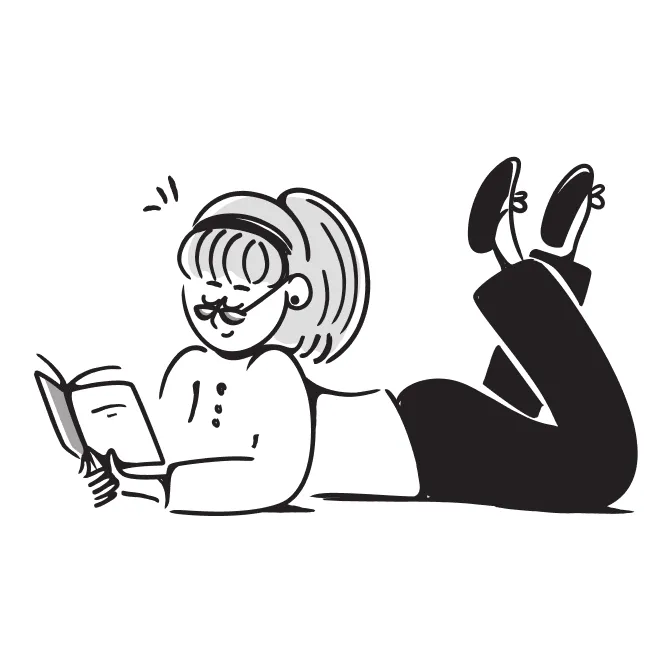

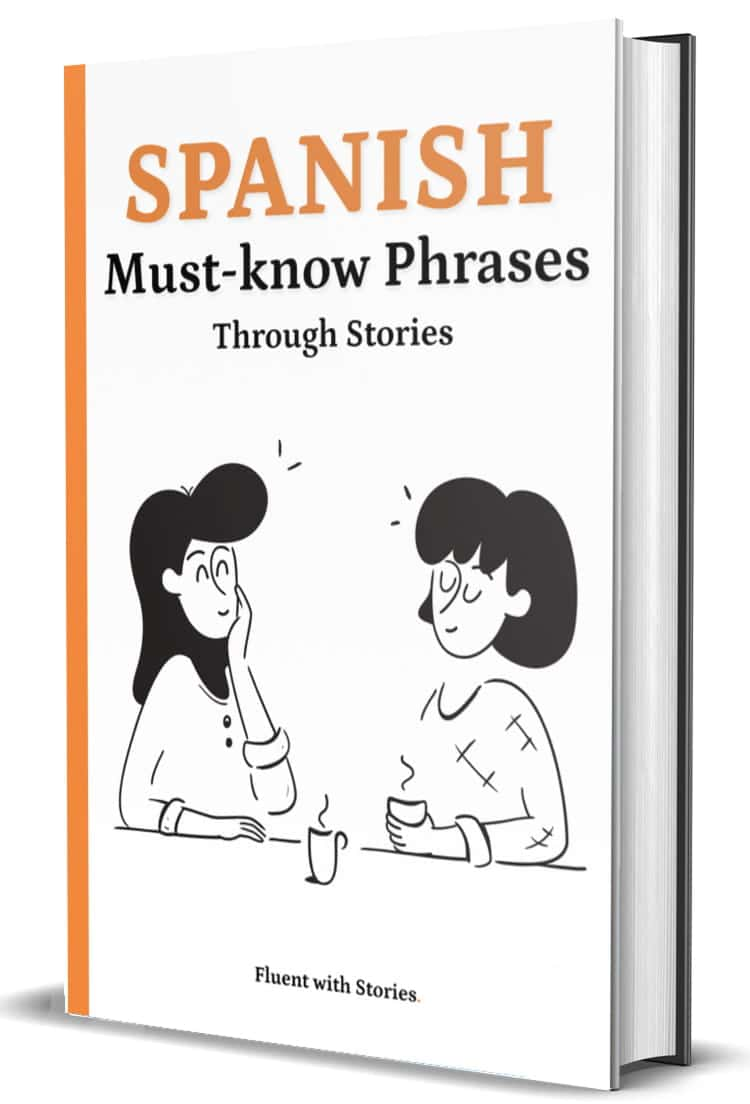













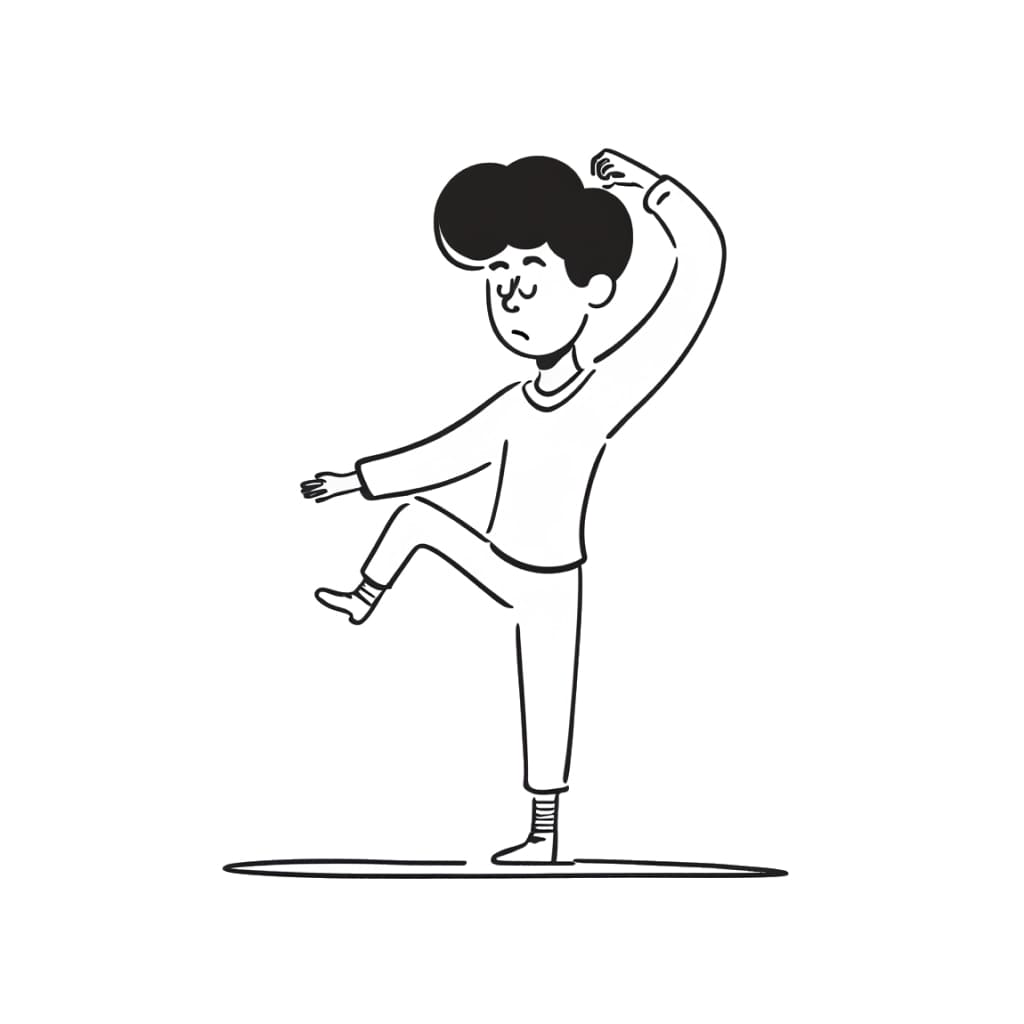


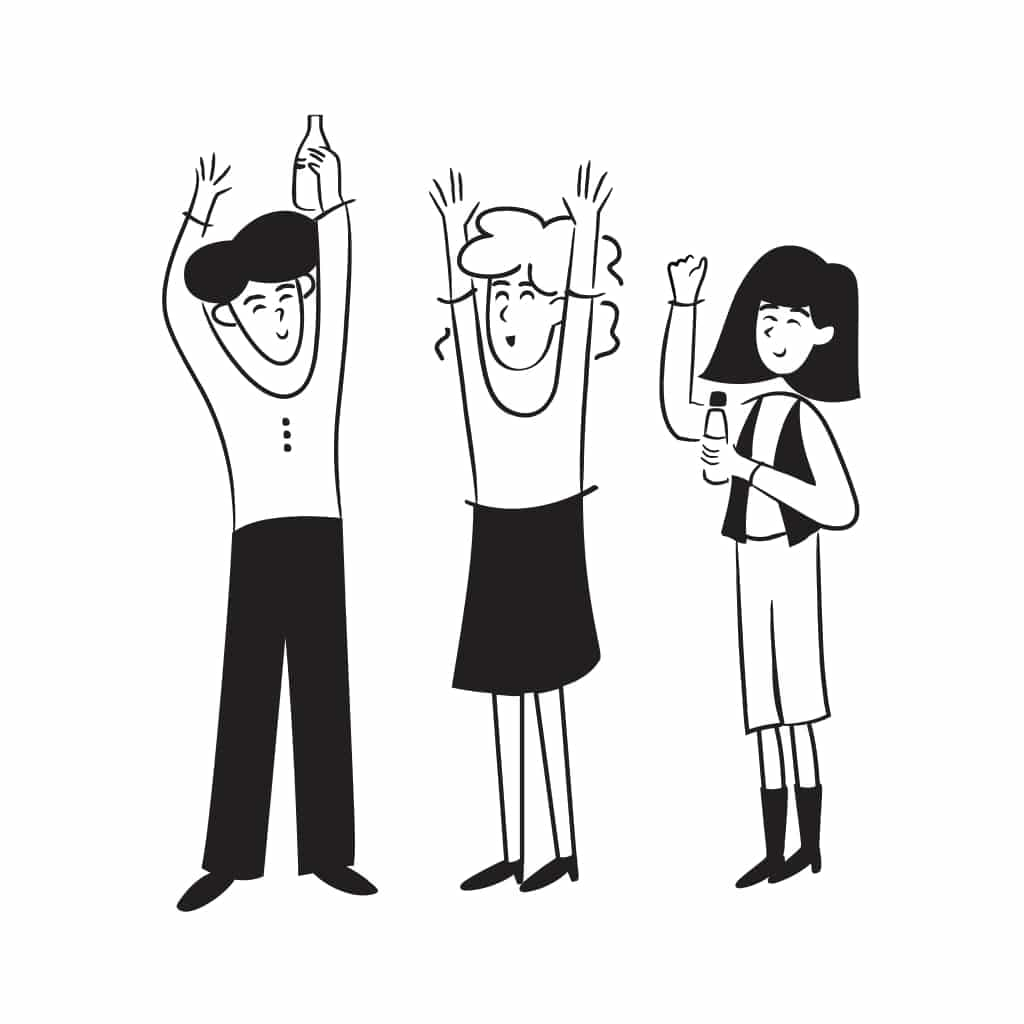


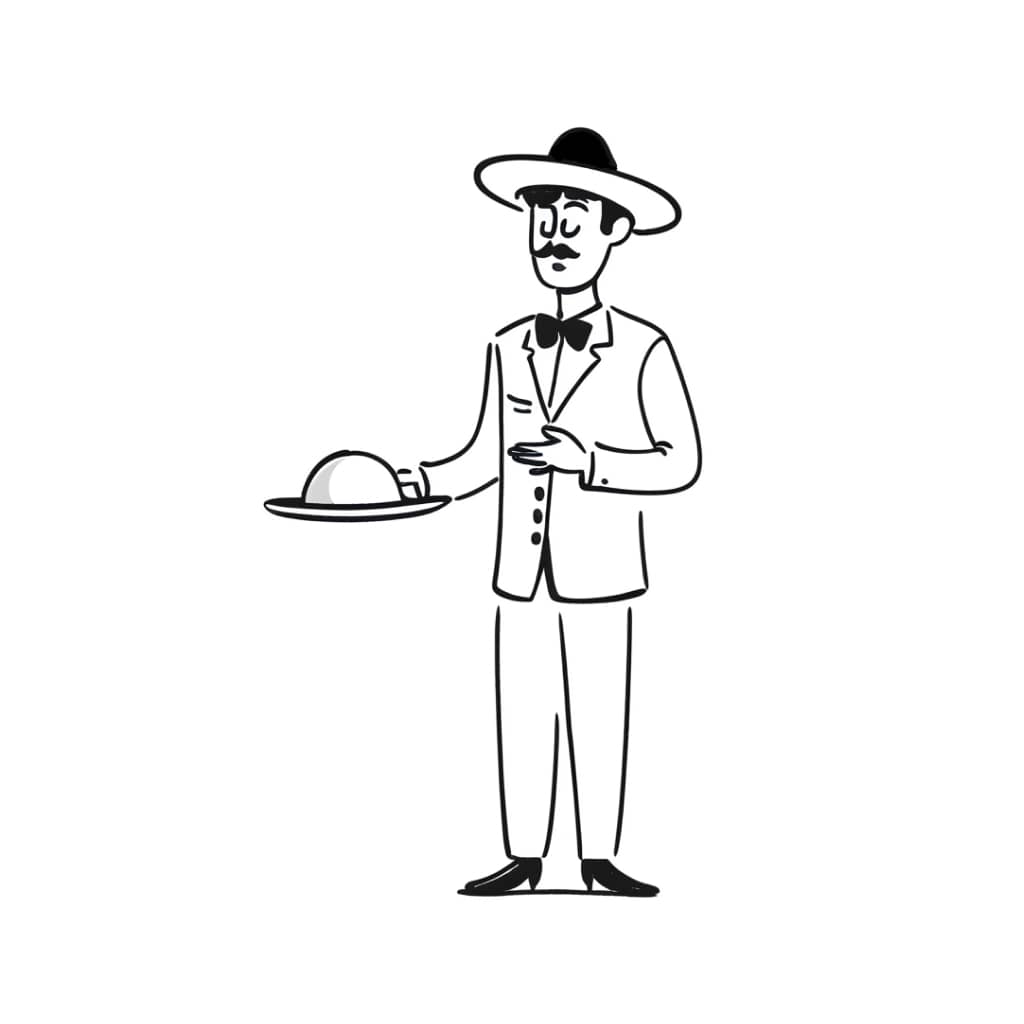



Comments section for language learners